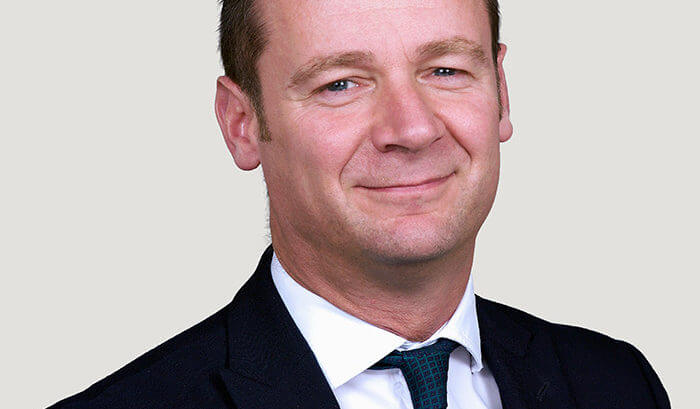Partner Paul Morris, who defended Sir Cliff Richard in relation to historic sexual allegations, discusses the anonymity of suspects. Many of his observations were recently quoted by The Times in an article considering this topic.
It is uncontroversial that any criminal investigation and – if the Crown Prosecution Service determines that there is sufficient evidence to justify putting a suspect on trial – any prosecution, must be conducted fairly, reasonably, justly; and that means fairness and justice to the prosecution and to the defence.
Over recent years, we have seen significant (and welcome) strides introduced to better respect the interests of witnesses and complainants – for example, through specialist investigating police units; a Code of Practice for Victims of Crime setting out a complainant’s entitlements throughout the life of an investigation; provision for witnesses to give evidence from behind screens or remotely via video; and, notably, in sexual offences cases, anonymity from the moment of complaint.
By real contrast, the steps taken in recognition of the interests of suspects, who have not been charged (and importantly – may never be charged), and defendants at trial (who are no less entitled to the presumption of innocence) have been significantly more modest. The balance to be struck, of course, is not always straightforward. Take anonymity. On the one hand, it is said that benefits can accrue to an investigation in naming a suspect: advertising may encourage complainants who might otherwise be reluctant to come forward. On the other hand, it is said that such complaints may prove too weak/opportunistic, false, or malicious, that the benefits are overstated (and could quite readily be met by publication of identity at the charging stage) and that the damage caused by the publication of a suspect’s identity may be acute and, especially with the efflorescence of social media, persist long after the CPS has announced that there is no basis in law to charge.
There is some welcome evidence that the pendulum, which in the late 1980s (Criminal Justice Act 1988) swung dramatically away from suspect anonymity (previously available to complainant and suspect alike in the Sexual Offences (Amendment) Act 1976) may be returning. The Leveson Report recommended that
“save in exceptional and clearly identified circumstances (for example, where there may be an immediate risk to the public), the names or identifying details of those who are arrested or suspected of a crime should not be released to the press nor the public.’[1] The College of Policing has also issued guidance that ‘save in clearly identified circumstances, or where legal restrictions apply, the names or identifying details of those who are arrested or suspected of a crime should not be released by police forces to the press or the public. Such circumstances include a threat to life, the prevention or detection of crime or a matter of public interest and confidence.”
And more recently the Home Affairs Select Committee has called for a statutory ban on revealing the name of any person suspected of committing a sexual offence unless and until charged.
But as yet, legislative intervention has appeared only in a single sphere. The Education Act 2011 (section 13) ensures that, unless and until charged, teachers accused of committing any criminal offence involving a pupil at their school are granted anonymity. This, as the education minister Nick Gibb explained, is in recognition of the need to protect teachers from the ‘devastating consequences’ of malicious accusations by pupils. Arguably, if it is accepted that those consequences are not confined to teachers and, indeed, may be no less severe for others – public figures, social workers, carers, doctors, police etc. – section 13 would appear to offer a template of broader – and welcomed – application.
If you’d like to discuss any of the issues raised in this article with one of our solicitors then please get in touch in the strictest confidence.
Paul Morris
Partner and Head of Serious and General Crime
BCL

